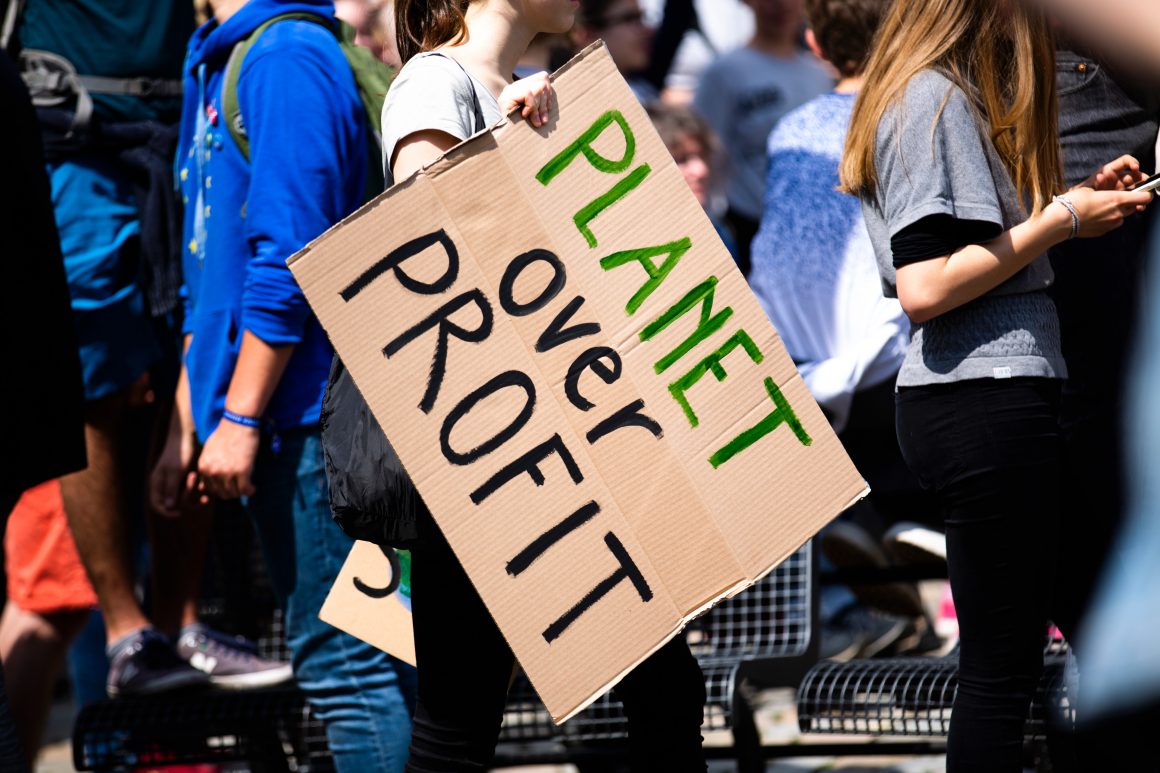
Climate scientists arrested, civil disobedience and super glue
By Frankie Berardino, April 28 2022—
In recent weeks, over 1,000 climate scientists from over 25 countries have mobilized and begun to protest societal inaction regarding climate change. From coating the Spanish parliament in red paint to chaining themselves to JPMorgan Chase’s Los Angeles office — an investment banking company who funds many fossil fuel projects— this movement has become known as the Scientist Rebellion.
The focus of the Scientist Rebellion movement is to bring governmental and international attention to humanity’s imminent need to transition away from fossil fuels. Starting in Europe, the Scientist Rebellion has created an opportunity for climate scientists to engage in nonviolent civil disobedience to push the matter further and show that the experts agree with protestors.
Within this string of protests many experts have been arrested, sparking global controversy regarding the concerning lack of input from the scientific community on climate change policy and further action. Drawing similarities to the 2021 film Don’t Look Up, the protests reflect the deepened sense of urgency for change many climate scientists have been advocating for over the past few decades.
But what is the purpose of protesting and demanding change if governments and multinational corporations aren’t listening? For the climate scientists it’s clear that they are frustrated and tired of watching their warnings go without action.
Peter Kalmus, a protestor at the event in Los Angeles who works as a climate scientist at NASA and science communicator, expressed in a compelling speech while chained to banks glass doors that, “I’m willing to take a risk for this gorgeous planet […] we’re going to lose everything, and we’re not joking.”
Similar sentiments were stated in other protests as well. Lucy Hogarth, an Astrophysicist from London, stood defiantly in her white lab coat outside the UK Department of Business, Energy, and Industrial Energy. Alongside many science colleagues, including some who super-glued their hands to the building.
In a live streamed clip, Hogarth stated “If the government is not going to inform the planet of how real of an emergency this is, we will,” suggesting that the rebellion is being driven by a need for increased direct action from the scientific community regarding global warming.
On that note, these are sentiments from two of hundreds of scientists involved in the Scientist Rebellion. There are many more opinions and perspectives, however the majority of them indicate an urgent need for action and change to prevent ecological catastrophe.
As a society, we are currently on track to exceed 2C by the end of this century. This two degrees Celsius of warming may not seem like much. But the rate at which this anthropogenic warming has occurred is unpreceded.
Climate change is not just data on a graph or a warming surface temperature — it is the suffering of the human and non-human world and respective future generations of life. If we view the earth as our home, we are burning the beds of our future children and vitality on this planet to generate fuel for the overconsumption of the present.
Already, climate change and human activity have slaughtered thousands of species, and millions of people are estimated to fall through the cracks of the climate-related crisis. As young people, it is heavy to watch the walls of our security crumble under the backhand of companies like the fossil fuel industry, whose mortality is clearly below life.
These scientists are fighting to ensure the security of future generations and prevent the blazes of climate change from raging onward. Climate scientists have given considerably in the form of data and research in hopes that our governments, who are supposed to protect us, would listen.
For the most part, they are not listening nor protecting us. This is leaving many scientists with no choice but to handcuff and glue themselves to the very structures where change could occur.
This article is part of our Opinions section and does not necessarily reflect the views of the Gauntlet’s editorial board.
